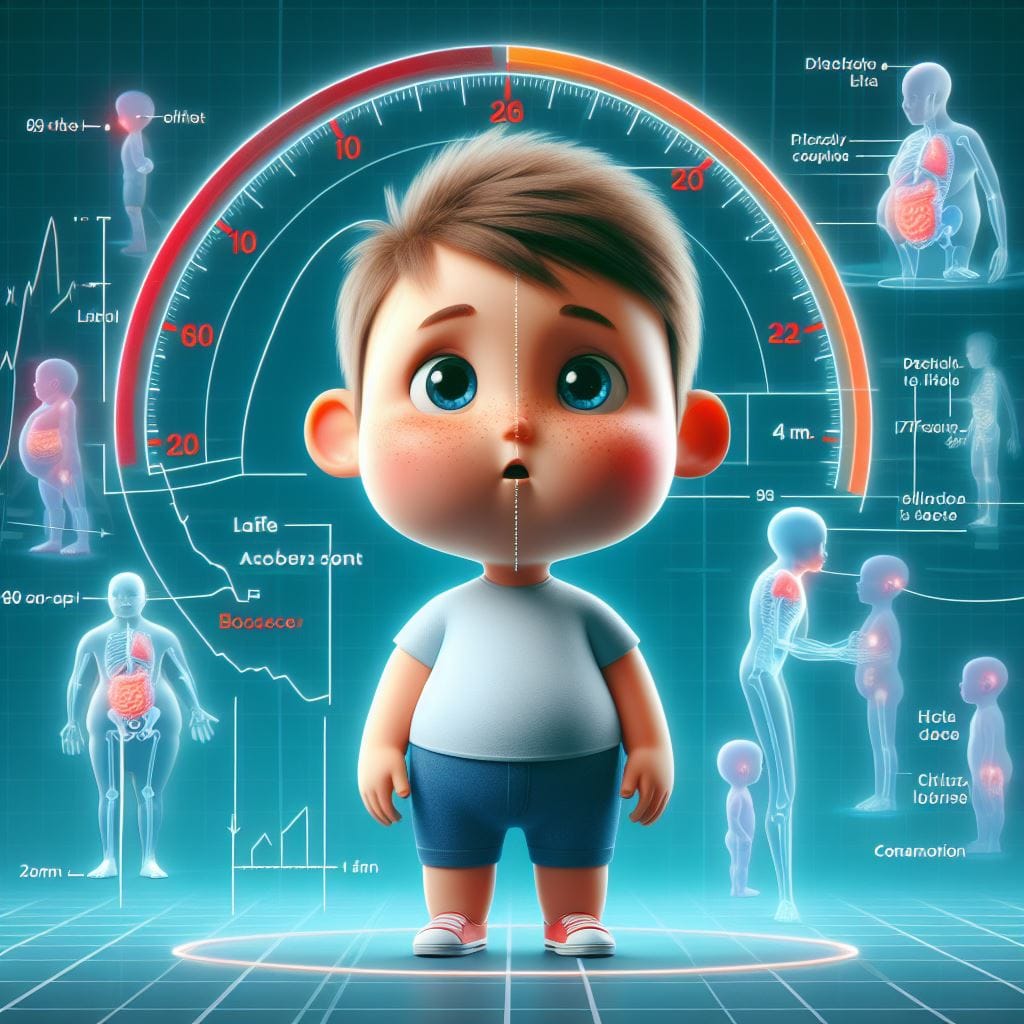Health Desk
15 May
Sandeep Dhand Ludhiana
A groundbreaking study presented at the European Congress on Obesity (ECO) in Venice, Italy, has revealed that children living with severe obesity by the age of four and who do not lose weight may have a life expectancy of just 39 years, nearly half the average life expectancy. The study highlights the “profound effect” of obesity on health but suggests that this impact could be mitigated through early weight loss.
Dr. Urs Wiedemann of Stradoo GmbH, a life sciences consultancy in Munich, Germany, emphasized the critical need for early intervention. “The early onset obesity model shows that weight reduction has a striking effect on life expectancy and comorbidity risk, especially when weight is lost early in life,” Dr. Wiedemann stated. “It is clear that childhood obesity should be considered a life-threatening disease. It is vital that treatment isn’t put off until the development of Type 2 diabetes, high blood pressure or other ‘warning signs’ but starts early.”

For the study, researchers developed an early-onset obesity model based on data from 50 existing clinical studies on obesity and related health conditions such as type 2 diabetes, cardiovascular events, and fatty liver disease. The extensive study included over 10 million participants worldwide, with approximately 2.7 million aged between 2 and 29 years.
The study’s alarming findings indicate that a four-year-old child with a body mass index (BMI) of 3.5, which signals severe obesity, who does not lose weight, faces a 27 percent risk of developing diabetes by the age of 25 and a 45 percent risk by the age of 35. These statistics underscore the urgent need for early and sustained weight management interventions to improve health outcomes.
This research highlights the significant long-term health risks associated with childhood obesity and the crucial importance of early weight loss to enhance life expectancy and reduce the likelihood of severe health complications. The findings serve as a call to action for parents, healthcare providers, and policymakers to prioritize and implement effective strategies for preventing and treating childhood obesity.
